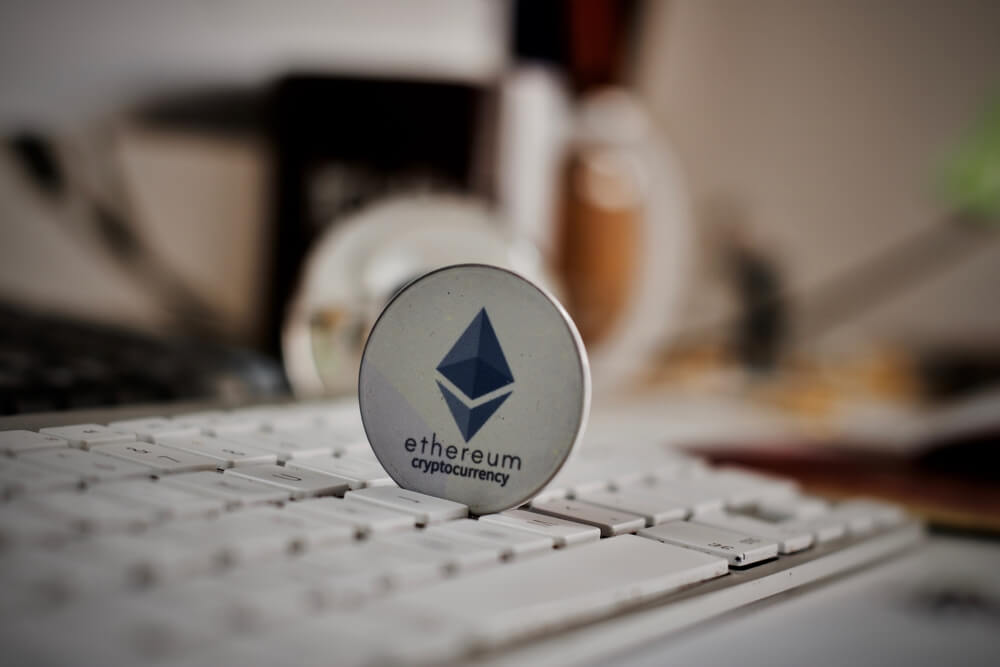Bitmain Has Developed an Ethereum ASIC Miner, Wall Street Analyst Claims

A leading Wall Street research firm has slashed price targets for leading chipmakers Nvidia and AMD, claiming that it has received confirmation that cryptocurrency mining hardware manufacturer Bitmain has begun producing Ethereum ASIC miners.
Writing a Monday note to clients, Susquehanna analyst Christopher Rolland said that the firm had recently confirmed that the China-based Bitmain — by far the largest producer of miners that use Application Specific Integrated Circuit (ASIC) chips — is just months away from shipping the first miners compatible with Ethash , the Proof-of-Work (PoW) hashing algorithm used by Ethereum and a variety of other cryptocurrencies.
Rolland added that at least three other manufacturers had begun developing Ethereum ASIC miners.
“During our travels through Asia last week, we confirmed that Bitmain has already developed an ASIC…for mining Ethereum, and is readying the supply chain for shipments in 2Q18,” Rolland wrote in the note, according to a CNBC report. “While Bitmain is likely to be the largest ASIC vendor (currently 70-80% of Bitcoin mining ASICs) and the first to market with this product, we have learned of at least three other companies working on Ethereum ASICs, all at various stages of development.”
Since ASIC chips are application-specific, they maximize the efficiency of cryptocurrency mining but are useful for little else.
Until now, Ethash had been ASIC-resistant, allowing Ethereum and other similar cryptocurrencies to be mined using the general purpose GPU chips commonly found in gaming computers.
As the leaders in what is effectively a GPU manufacturing duopoly, Nvidia and AMD each benefited greatly from last year’s cryptocurrency price boom, which had a correlative effect on mining. In fact, many investors treated these two companies as “proxy stocks” for the cryptocurrency industry.
While the release of an Ethereum ASIC miner may not cause mining-related demand for GPUs to evaporate — Monero, for instance, has promised to alter its mining algorithm regularly to maintain ASIC-resistance — it could have a noticeable effect on AMD’s revenue in particular.
In fact, AMD warned in its recently-published annual filing that GPU demand could be “materially adversely affected” if miners stopped buying.
Consequently, Susquehanna has reduced its price target for AMD shares to $7.50 from $13 and Nvidia shares to $200 from $215.
Featured image from Shutterstock.